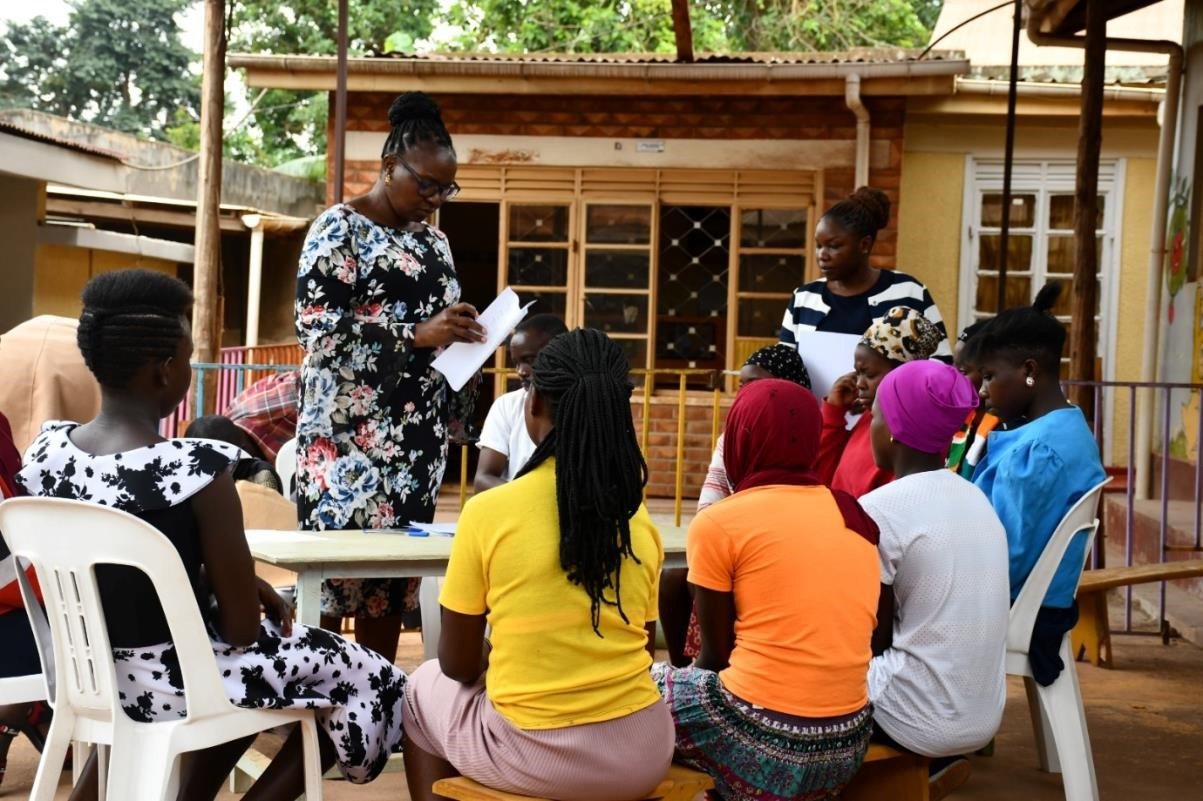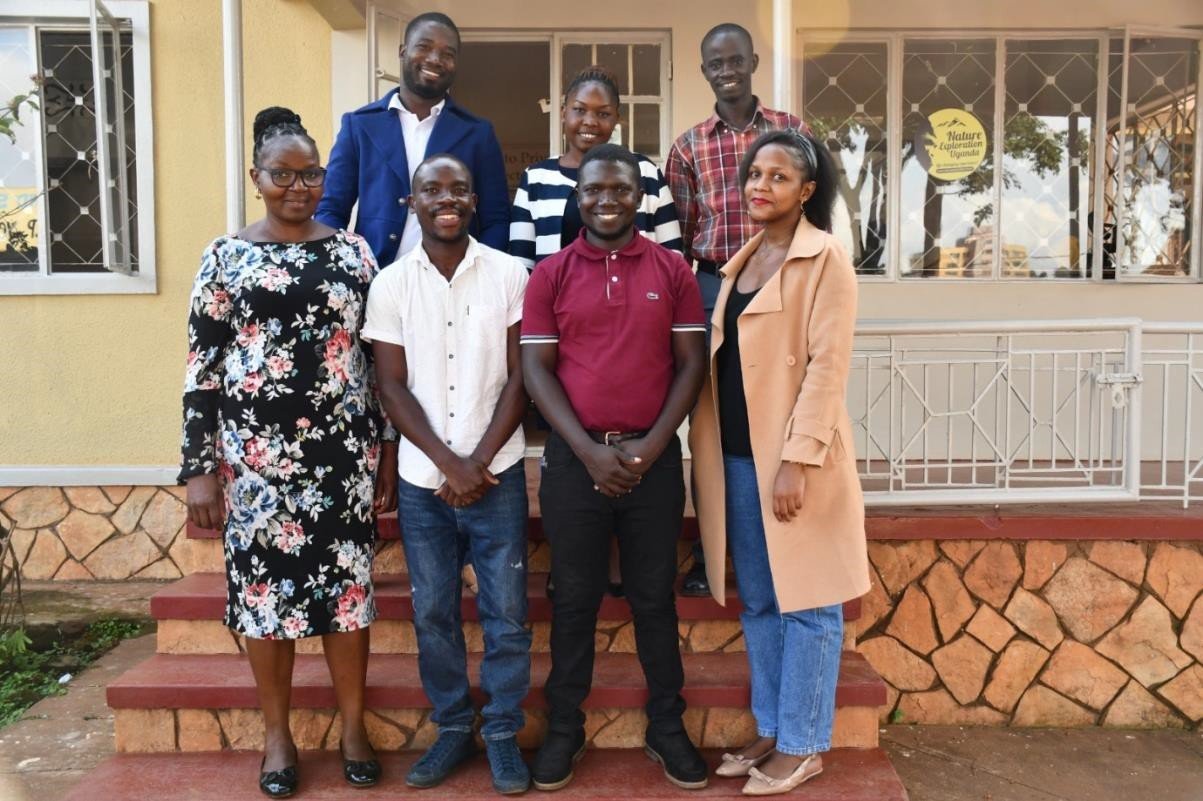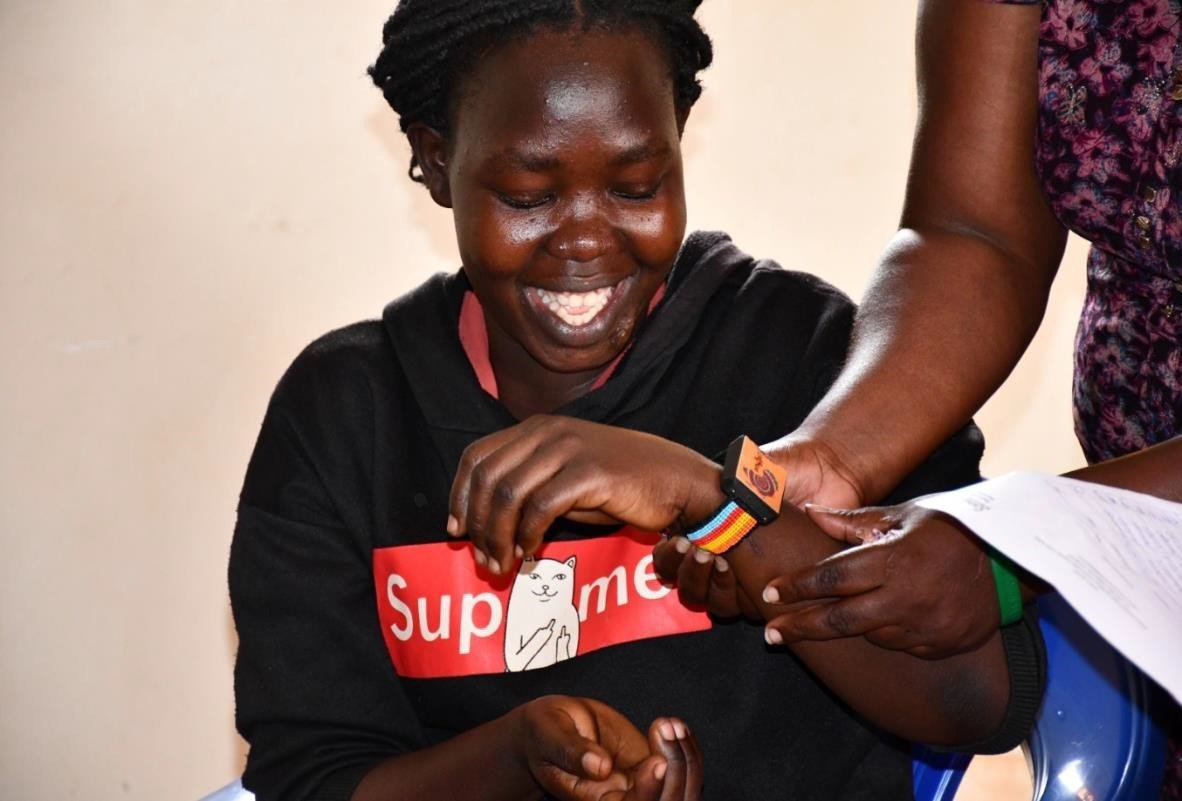COVID-19 (2022 Deadline)
The impact of the COVID-19 pandemic on gender-based violence (GBV) among women and girls in informal settlements in Kampala
PI: Juliet Kiguli (jkiguli@musph.ac.ug), Makerere University, School of Public Health
U.S. Partner: Julia Dickson-Gomez, Medical College of Wisconsin
Project Dates: September 2022 - December 2023
Project Overview
Gender-based violence (GBV) and intimate partner violence (IPV) have increased since the beginning of the COVID-19 pandemic, affecting one-third of all women across the globe. Estimates of IPV are between 18% and 36% worldwide and 22% among women in Uganda. Women residing in informal settlements live in extreme poverty and thus are especially vulnerable to GBV/IPV. The pandemic disrupted residents’ ability to make a living because of mandated country-wide lockdowns. A recent longitudinal study conducted by the PI Dr. Kiguli and her team in three informal settlements in Kampala found that 78.2% reported food insecurity during the first wave of COVID-19 and that rates of IPV increased over time.
The main objective of this PEER project was to explore the impact of COVID-19 on GBV among women and girls in informal settlements in Kampala, with a view to identifying entry points for testing the SafeBangle innovation. The SafeBangle is wearable technology similar to a smartwatch that will send an alarm by SMS to people chosen by the woman herself if she feels threatened. The project researchers believe that the SafeBangle innovation will be effective to enhance reporting and response to GBV survivors. The project explored the acceptability of the SafeBangle innovation as a solution to GBV among at-risk women in informal settlements.
Final Summary of Project Activities
The core project team, including researchers at Makerere University School of Public Health (MaKSPH), Medical College of Wisconsin (MCW), SafeBangle Technologies, and Somero Uganda, a community-focused NGO, began the project by designing their research protocol and taking a CITI Program course on human subjects social/behavioral research. Team members also met with the Ministry of Gender, Labour, and Social Development (MGLSG) in support of the gender-based violence policy process. They also established relationships with the Kampala Capital City Authority (KCCA) and Nakawa and Kawempe probation offices to support legal processes for the GBV survivors.
The researchers conducted a survey among 644 girls and women in Kinawataka (Nakawa Division) and Bwaise (Kawempe Division) to gain insights into the awareness and understanding of sexual and gender-based violence among adolescent girls and women in informal settlements. The survey measured socioeconomic factors, mental health symptoms, and exposure to GBV. The researchers also conducted focus group interviews with a separate sample of women over age 18 in the settlements to explore responses to GBV. The team found the overall prevalence of GBV was 34.1%. But half of those between 15-19 years old were more likely to experience GBV, and generally an increase in age was associated with a lower tendency to suffer from GBV. Women who were not employed were also more susceptible to GBV.
Upon profiling the prevalence of GBV in the study participants, the researchers further reclassified areas of low-risk and high-risk for GBV, mapping these high-risk GBV areas in Kawempe and Nakawa divisions. They selected 20 study participants at high risk for GBV to participate in a community risk assessment where they were able to show the hotspots for GBV in the community and share photos of happy and sad moments.
The team identified and documented features of the SafeBangle interactive web platform that required updates and enhancements. This activity was crucial to improving the functionality and usability of the platform, which plays a significant role in supporting the SafeBangle bracelets' effectiveness. The PEER team distributed a total of 72 SafeBangle bracelets, split between Nakawa and Kawempe. The team on-boarded users to the SafeBangle interactive web platform and successfully implemented remote monitoring of the bracelets, promptly responding to alerts and notifications from users.
Of the 72 adolescent girls and women who received the SafeBangle, 22 activated the reporting button and 19 received necessary support based on the type of violence experienced. All adolescent girls and women who experienced GBV received a phone call from Somero Uganda to discuss the most appropriate intervention, including counseling, police cases being handled by the probation office, referral for health services, and post-exposure prophylaxis. All the GBV survivors received support and are still receiving continuous follow-up.
The PEER team members are preparing manuscripts on their findings for future publications. Meanwhile, the SafeBangle received an award at the Defender's Protection Initiative 2023 expo.
 |  |  | | FGD with adolescent girls in Bwaise, Kawempe Division | Research Team. Photo credit: Dr. Kiguli | Trying on safe bangle technology |
Back to PEER COVID-19 Grant Recipients
| 





